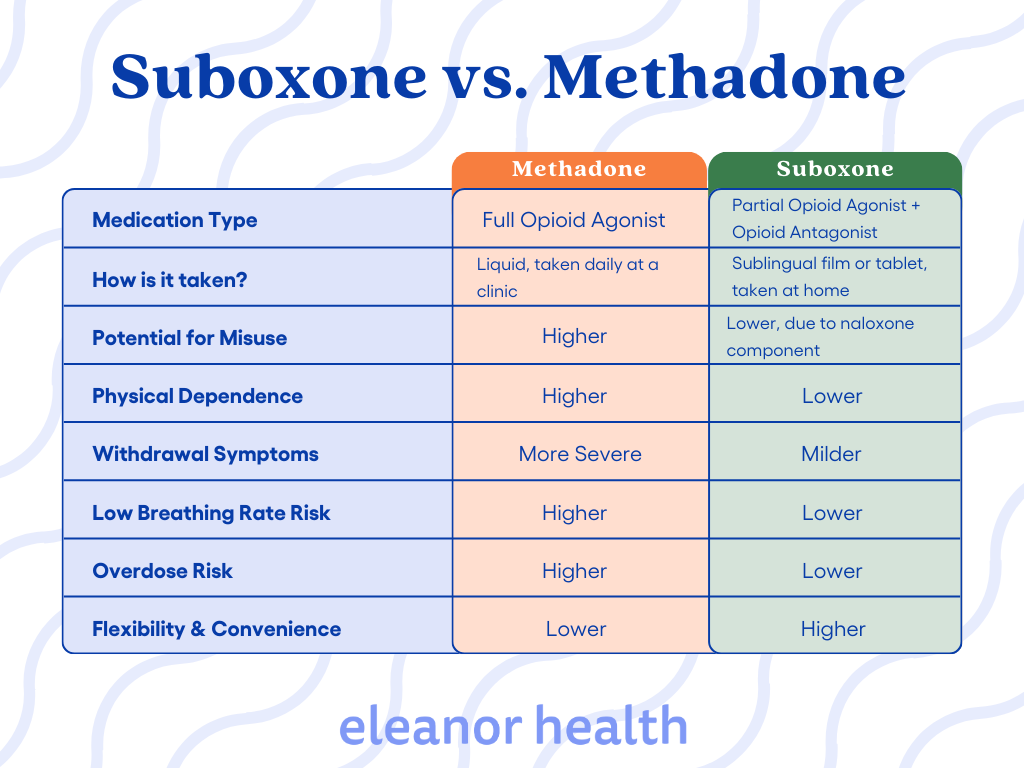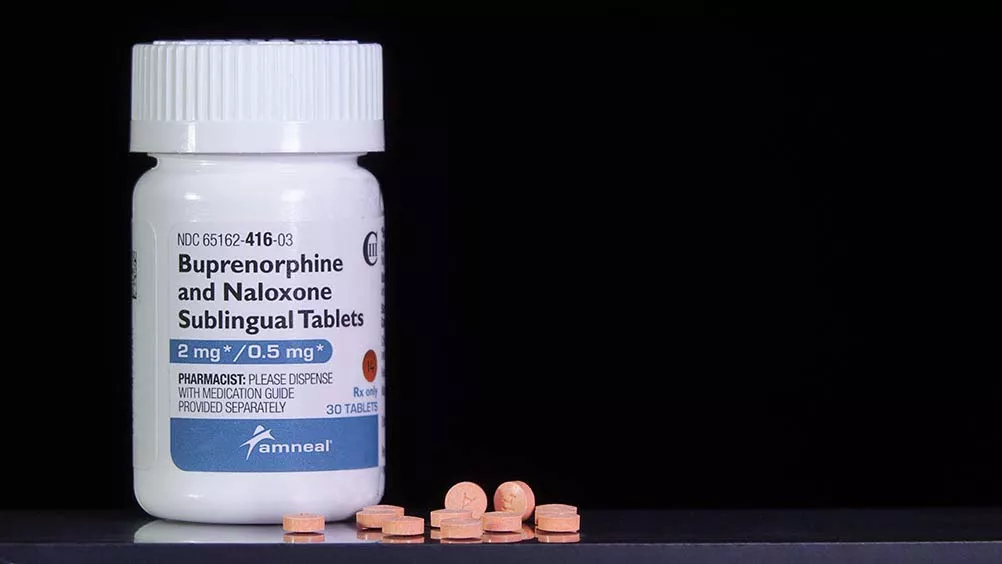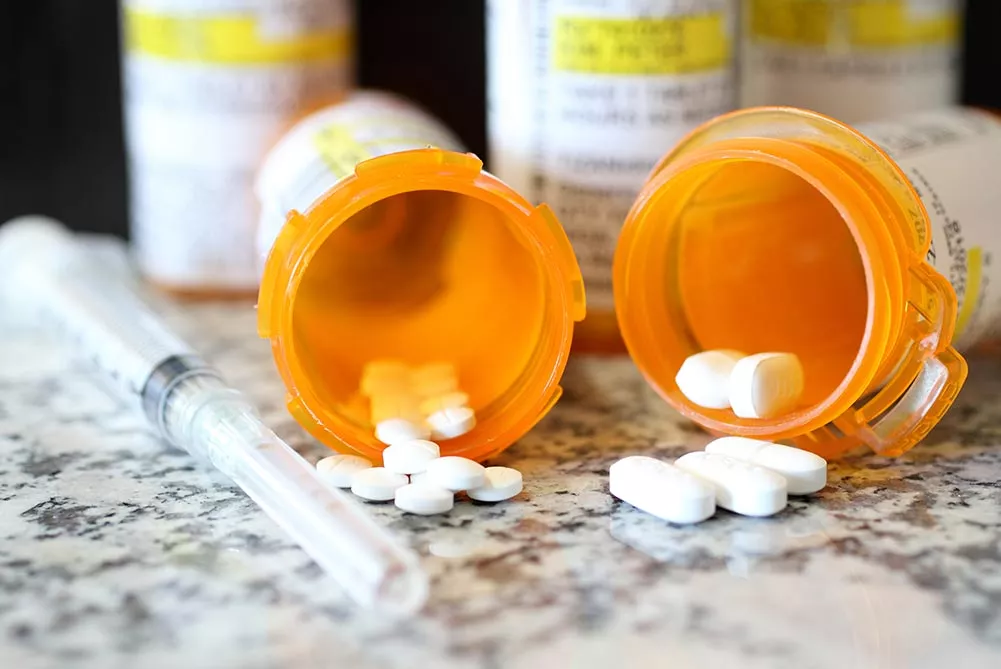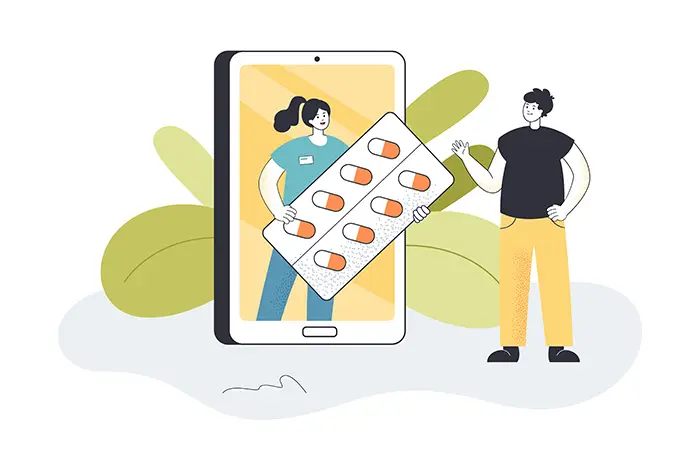As you embark on your journey towards recovery from opioid addiction, it’s essential to understand the different treatment options available. While methadone has been a long-standing option, Suboxone offers a more modern and potentially safer alternative.
There are distinct advantages to transitioning from methadone to Suboxone that can significantly enhance your recovery process. Understanding the benefits of this transition can ensure you make an informed decision about your MAT.
Suboxone is a medicine for opioid addiction that is a combination of two medications: buprenorphine (a partial opioid agonist) and naloxone (an opioid antagonist). Buprenorphine helps reduce cravings and withdrawal symptoms, while naloxone is included to discourage misuse by causing unpleasant side effects if the medication is injected or snorted.
Suboxone comes in the form of sublingual (under the tongue) films, which dissolve and are absorbed through the mucous membranes. This allows for a more convenient and discreet administration compared to methadone clinics. At Eleanor Health, we offer Suboxone treatment as part of our Medication-Assisted Treatment (MAT) plan for opioids.
Suboxone was introduced as a medication-assisted treatment (MAT) for opioid use disorder in 2002, providing a more accessible option for patients compared to methadone, which requires administration in specialized clinics.
Transitioning from methadone to Suboxone can offer several potential advantages for individuals seeking recovery from opioid addiction:
The choice between Suboxone and methadone often depends on your specific needs, including the severity of your addiction and your lifestyle:

If you decide to switch from methadone to Suboxone, it’s crucial to follow a structured transition process under the guidance of a qualified addiction specialist. The transition typically involves:
Your healthcare provider will assess your current methadone dosage and determine the appropriate timing for the transition. You may need to gradually reduce your methadone dose to a certain level before starting Suboxone.
Once you have reached the appropriate level of methadone withdrawal (typically 24-36 hours after your last dose), you will begin taking Suboxone. The initial Suboxone dose will be carefully titrated to manage withdrawal symptoms and cravings.
Over time, your healthcare provider will adjust the Suboxone dosage to find the optimal level that alleviates withdrawal symptoms and cravings without causing adverse effects.
Regular follow-up appointments and counseling will be essential during this phase.
It’s important to note that the transition process can be challenging, and you may experience some withdrawal symptoms. However, with proper medical supervision and support, these symptoms can be managed effectively.
It’s essential to find a qualified and experienced healthcare provider who can guide you through the process. Look for Suboxone providers who:
If you are interested in Suboxone treatment and virtual recovery services, Eleanor Health could be just what you are looking for. We are an outpatient addiction treatment program that supports people in recovery through convenient, confidential and accessible services in Louisiana, Massachusetts, New Jersey, North Carolina, Ohio, and Washington. Call our recovery specialists to receive judgment-free assistance today.
It’s essential to find a qualified and experienced healthcare provider who can guide you through the process. Look for Suboxone providers who:
If you are interested in Suboxone treatment and virtual recovery services, Eleanor Health could be just what you are looking for. We are an outpatient addiction treatment program that supports people in recovery through convenient, confidential and accessible services in Louisiana, Massachusetts, New Jersey, North Carolina, Ohio, and Washington. Call our recovery specialists to receive judgment-free assistance today.
 How Long Does Suboxone Stay in Your System?
How Long Does Suboxone Stay in Your System?
 Naltrexone vs. Suboxone – How are They Different?
Naltrexone vs. Suboxone – How are They Different?
 Medications for Addiction Treatment: The Complete Guide
Medications for Addiction Treatment: The Complete Guide